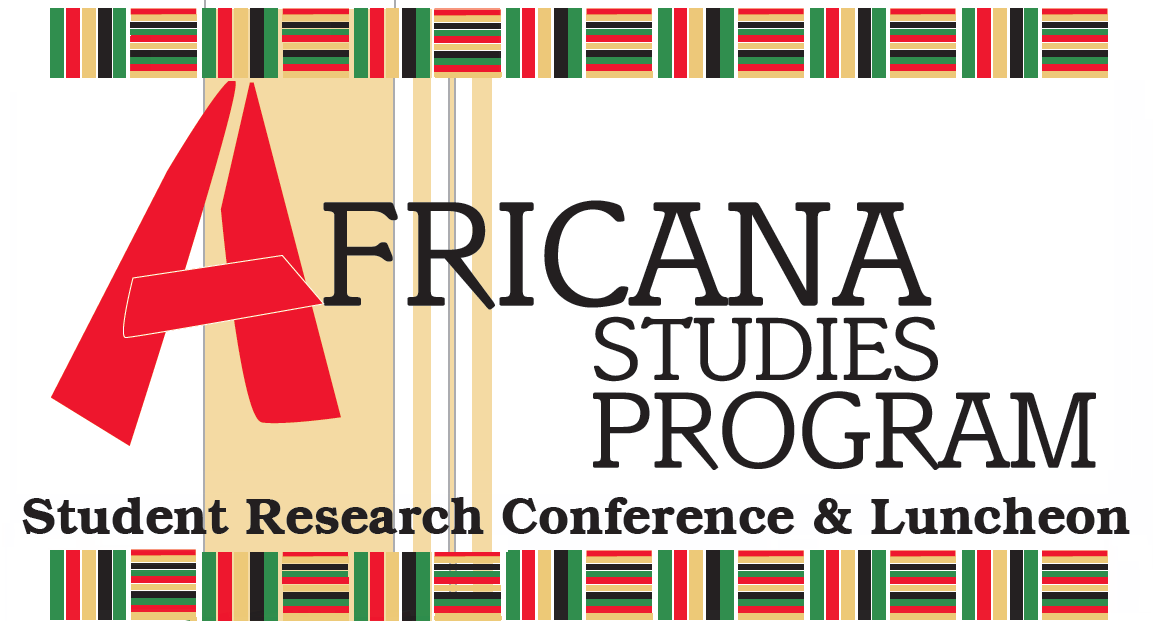Degree Program
Graduate
Major
Media Arts and Studies
Abstract
Thomas Sankara has contributed significantly to the formation of the modern national identity of post-independent Burkina Faso before his assassination in 1987. This essay used discourse analysis to examine the emergence of Thomas Sankara’s ideology also known as Sankarism (and his praxis?) in the Burkinabe public discourse. In the current socio-political context of a nascent democracy characterized by the emergence of active civil society movements and multiple political factions contesting the right to govern and claiming the capacity to provide a new direction to a country caught up amid local and global issues, the reinvention and re-appropriation of Sankarism call for an appropriate close examination. The author discussed different creative ways that Burkinabe media users are reinventing Sankara and Sankarism, to reimagine their future. The author contended that in Burkina Faso, new media provide multiple trajectories through which Sankarism is creatively re-invented to construct a national ethos and participate in the contested exercise of state-making.
Key Words: Thomas Sankara, Sankarism, Burkina Faso, National Identity, African thought
Start Date
24-2-2017 10:00 AM
End Date
24-2-2017 11:40 AM
Included in
Mediated Sankarism: Re-inventing a Historical Figure to Reimagine a Future
Thomas Sankara has contributed significantly to the formation of the modern national identity of post-independent Burkina Faso before his assassination in 1987. This essay used discourse analysis to examine the emergence of Thomas Sankara’s ideology also known as Sankarism (and his praxis?) in the Burkinabe public discourse. In the current socio-political context of a nascent democracy characterized by the emergence of active civil society movements and multiple political factions contesting the right to govern and claiming the capacity to provide a new direction to a country caught up amid local and global issues, the reinvention and re-appropriation of Sankarism call for an appropriate close examination. The author discussed different creative ways that Burkinabe media users are reinventing Sankara and Sankarism, to reimagine their future. The author contended that in Burkina Faso, new media provide multiple trajectories through which Sankarism is creatively re-invented to construct a national ethos and participate in the contested exercise of state-making.
Key Words: Thomas Sankara, Sankarism, Burkina Faso, National Identity, African thought


